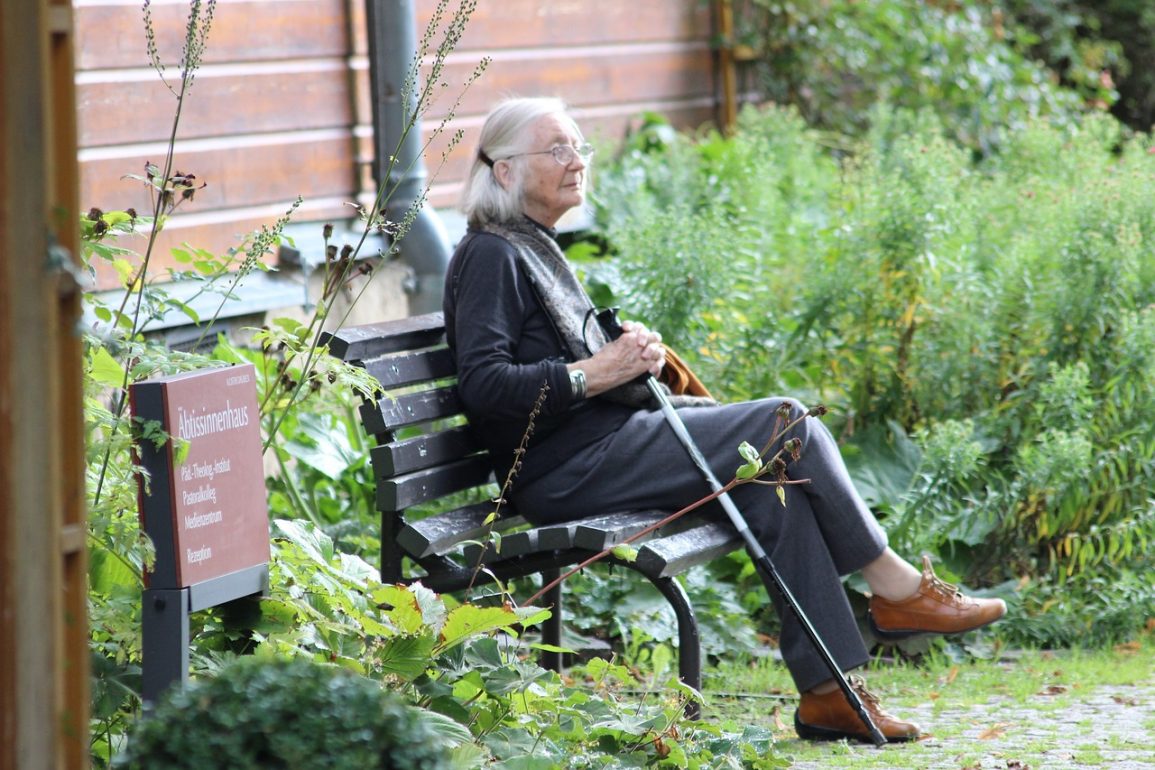How Anyone Entering Their Golden Years Can Prepare Themselves For Potential Mobility Issues – Entering the golden years of life often brings a mix of anticipation and concern, especially when it comes to maintaining independence and mobility. As we age, our bodies naturally undergo changes that can impact our ability to move around freely. It’s crucial, therefore, to prepare for these potential mobility issues, ensuring a fulfilling and active lifestyle is sustained.
Preparing for potential mobility challenges involves both physical and mental readiness. It’s about adapting to changes while maintaining a sense of control and independence. This article aims to guide those entering their golden years, as well as their families and caregivers, through practical steps to manage and prepare for mobility-related changes.
Recognising the Signs of Mobility Decline
The journey into later life is unique for each individual, but there are common indicators of declining mobility to watch for. These may include difficulty in walking, balancing, or a gradual decrease in stamina. Acknowledging these signs is the first step towards addressing mobility issues effectively.
It’s also important to understand that mobility decline can be gradual or sudden. Regular check-ups with healthcare professionals can help in monitoring changes in mobility. Early recognition of these signs allows for timely intervention, which can significantly improve the quality of life in later years.
Creating a Safe and Accessible Home Environment
Adapting to the living environment is key to dealing with mobility issues. This can mean anything from installing grab bars in bathrooms to reorganising the layout of furniture to create clear pathways. The aim is to minimise the risk of falls and make daily tasks more manageable.
In addition, consider the use of adaptive tools like shower chairs or bed rails. These can provide additional support and safety in areas of the home where mobility challenges are most likely to occur. A well-thought-out living space can greatly enhance independence and confidence in daily activities.
Staying Physically Active
Maintaining an active lifestyle is vital in preserving mobility. Regular exercise, tailored to individual abilities and health conditions, can strengthen muscles, improve balance, and enhance overall physical resilience. Activities like walking, swimming, or gentle yoga can be both enjoyable and beneficial.
Engaging in regular physical activity also has mental health benefits. It boosts mood, enhances cognitive function, and fosters a sense of community, particularly when exercises are done in groups. It’s important to consult with a healthcare professional before starting any new exercise regimen, to ensure it’s safe and suitable.
Exploring Mobility Aids and Technology
Advances in technology have led to a wide range of mobility aids designed to assist those facing mobility challenges. Products like walkers, canes, and wheelchairs can significantly aid in maintaining independence. For some, a mobility scooter can be a game-changer, offering freedom and ease of movement both indoors and outdoors – you can find an excellent range at mobilitysolutions.co.uk.
When considering mobility aids, it’s essential to get professional advice to find the right fit and type for your specific needs. A correctly chosen mobility scooter or other aids can dramatically improve the quality of life, providing a sense of autonomy and freedom.
Building a Supportive Community
Social and emotional support plays a crucial role in managing mobility issues. Building a network of friends, family, and professionals who understand and support your journey can make a significant difference. Participating in community groups or online forums can also provide valuable insights and emotional support.
This support network not only offers practical help but also contributes to emotional well-being. Sharing experiences and solutions with others who are going through similar challenges can be incredibly empowering and reassuring.
Embracing Adaptation and Change
Adapting to mobility changes is not just about physical adjustments; it’s also a mental and emotional process. Accepting these changes can be challenging, but it’s an essential step in finding new ways to enjoy life. Embracing hobbies and interests that are accessible and enjoyable can bring a renewed sense of purpose and fulfilment.
It’s also important to remain open to learning new skills and adopting new technologies that can assist with mobility. This openness to change can lead to discovering new joys and opportunities, even as one navigates the complexities of mobility issues in the golden years.
Legal and Financial Planning for Future Care
Planning for future care needs is an important aspect of preparing for mobility issues. This includes understanding and arranging for any potential legal and financial requirements. Setting up power of attorney, creating a living will, and exploring insurance options can provide peace of mind for both the individual and their family.
Financial planning might also involve considering the costs associated with home modifications, mobility aids, or potential long-term care. Seeking advice from financial and legal experts can ensure that plans are comprehensive and tailored to individual needs and circumstances.
A Brief Summary
Preparing for mobility issues as we enter our golden years is a proactive step towards maintaining a high quality of life. It involves being mindful of the physical changes, adapting our living spaces, staying active, exploring helpful technology, and building a supportive community. By taking these steps, we can embrace the golden years with confidence, knowing that we are equipped to handle the challenges that come with ageing.
Poppy Watt


